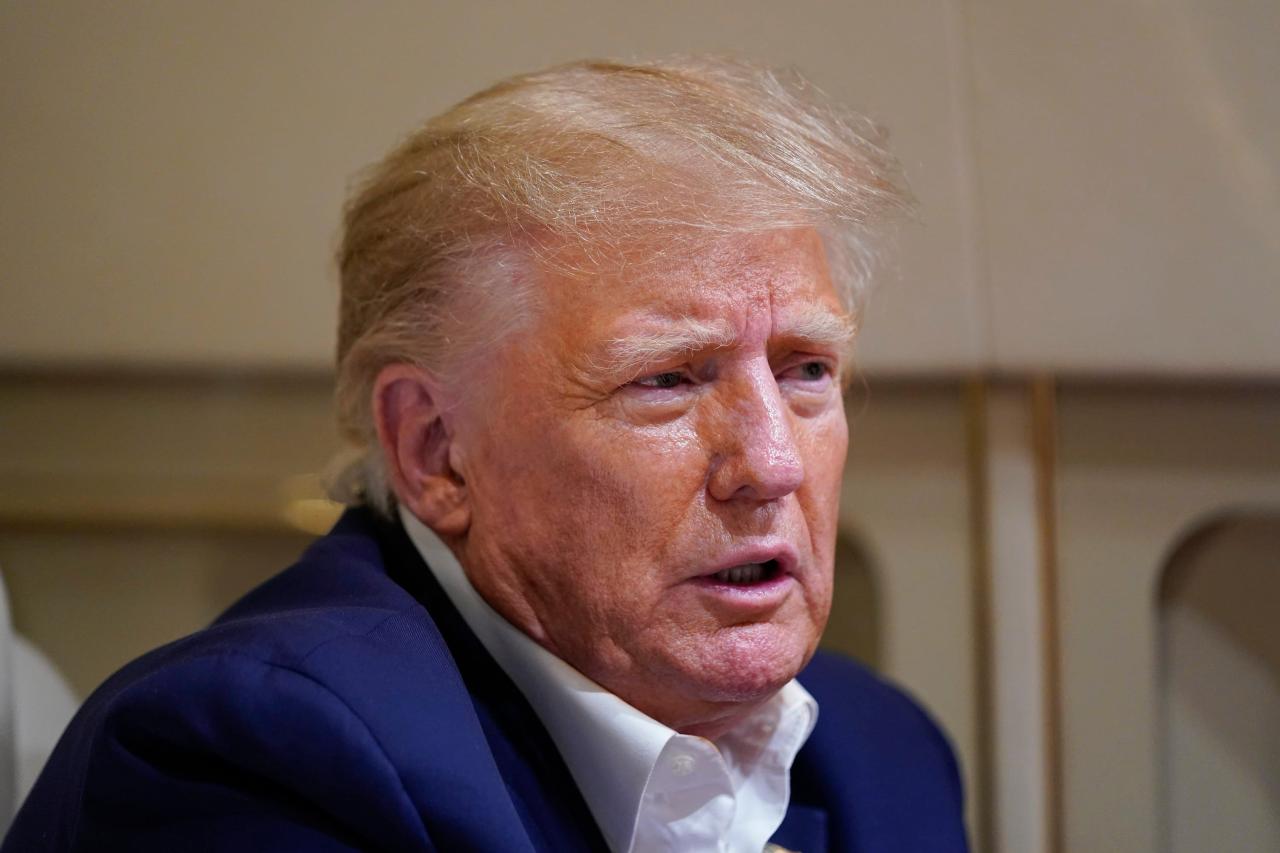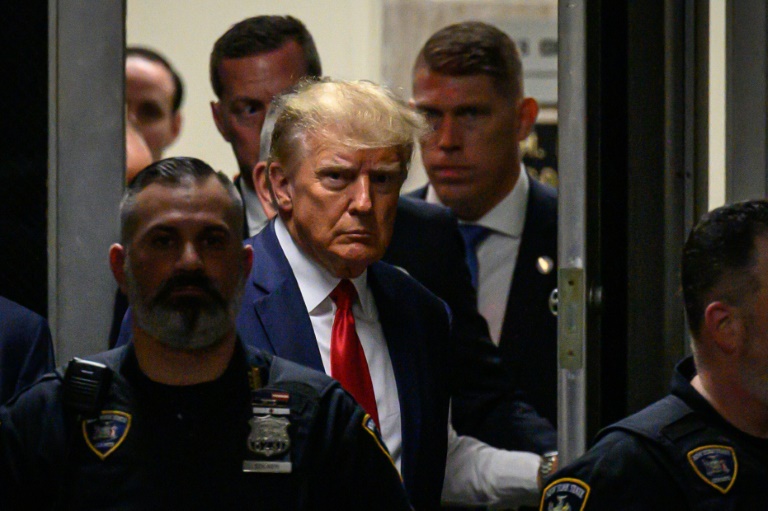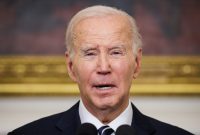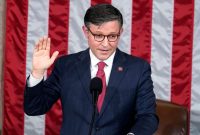The Trump Hush Money Case: Legal Analysis, Public Reaction, and Future Implications: Trump Must Be Sentenced In Hush Money Case, Judge Signals No Jail

Trump must be sentenced in hush money case, judge signals no jail – The hush-money case against Donald Trump has sent shockwaves through the political landscape, raising significant legal, ethical, and political questions. Judge Juan Merchan’s signals regarding potential sentencing have ignited intense debate, prompting analysis of the legal basis of the charges, public reaction, and the potential ramifications for the future.
Legal Analysis of the Hush Money Case, Trump must be sentenced in hush money case, judge signals no jail
The charges against Trump stem from campaign finance violations related to payments made to adult film actress Stormy Daniels and former Playboy model Karen McDougal during the 2016 presidential campaign. The prosecution argues these payments constituted illegal campaign contributions, exceeding legal limits and designed to influence the election. Evidence presented included financial records, testimony from key witnesses like Trump’s former lawyer Michael Cohen, and communications detailing the hush-money scheme.
While the judge hasn’t issued a sentence, his comments suggest a serious consideration of the charges. Comparing this to similar cases, the potential sentencing could range from probation to a significant prison term, depending on the judge’s assessment of aggravating and mitigating factors. Potential sentencing options include fines, community service, and imprisonment. A hypothetical scenario could involve a sentence of several months imprisonment and a substantial fine, triggering legal challenges and potential appeals.
Public Reaction and Political Implications

Public reaction to the judge’s signals has been sharply divided along partisan lines. Supporters of Trump have largely dismissed the charges as politically motivated, while opponents see it as a crucial step towards accountability. The case’s impact on the 2024 presidential election is substantial, potentially influencing voter turnout and shifting public perception of Trump’s candidacy. Republican responses have ranged from staunch defense to cautious distancing, while Democrats have largely expressed satisfaction with the legal process.
Media coverage has varied significantly, with conservative outlets portraying the case as a “witch hunt,” while liberal outlets highlight the seriousness of the charges and the potential consequences. This disparity in coverage contributes to the polarization surrounding the case and further solidifies existing political divisions.
The Role of the Judge and the Judicial Process

The judge plays a critical role in determining the sentence, considering factors such as the severity of the crime, the defendant’s criminal history, and the need for deterrence and rehabilitation. The process of appealing a court decision involves filing a notice of appeal, preparing legal briefs, and potentially presenting oral arguments before a higher court. This case shares similarities with other high-profile cases involving campaign finance violations, such as those involving former officials like John Edwards, though the specifics of each case differ.
A timeline of key events includes the initial hush-money payments, the investigation by federal authorities, the indictment of Trump, the trial proceedings, and finally, the judge’s indication of potential sentencing.
Ethical Considerations and Public Perception
The ethical implications of the hush-money payments center on the potential violation of campaign finance laws and the attempt to suppress damaging information during a presidential election. Media portrayals often reflect pre-existing political biases, shaping public perception and potentially influencing opinions about Trump’s guilt or innocence. The case has the potential to erode public trust in the judicial system, particularly if the outcome is perceived as unfair or politically motivated.
Comparing this case to other significant legal events in US history, such as Watergate, highlights the enduring tension between political power and legal accountability. Different interpretations of the evidence are evident, influencing public opinions.
| Interpretation of Evidence | Supporting Evidence | Counterarguments | Overall Conclusion |
|---|---|---|---|
| Payments were illegal campaign contributions. | Financial records, witness testimony, communication records. | Payments were personal matters, not related to the campaign. | Evidence suggests illegal activity, but ultimate determination rests with the court. |
| Trump directed the hush-money scheme. | Testimony from Michael Cohen, circumstantial evidence. | Lack of direct evidence linking Trump to the payments. | The strength of circumstantial evidence is debated. |
Future Legal Ramifications and Potential Outcomes
Potential appeals could focus on procedural issues or challenges to the admissibility of evidence. Further charges or investigations related to the broader scope of Trump’s financial dealings are possible. The sentence, if any, will undoubtedly influence future political campaigns and actions, potentially impacting fundraising strategies and the overall political climate. This case could lead to changes in campaign finance regulations, aiming to prevent similar situations in the future.
A flowchart illustrating potential legal paths following sentencing would show the possibilities of appeals to higher courts, potential retrials, or the finality of the sentence. Each path would have its own legal ramifications and consequences.


